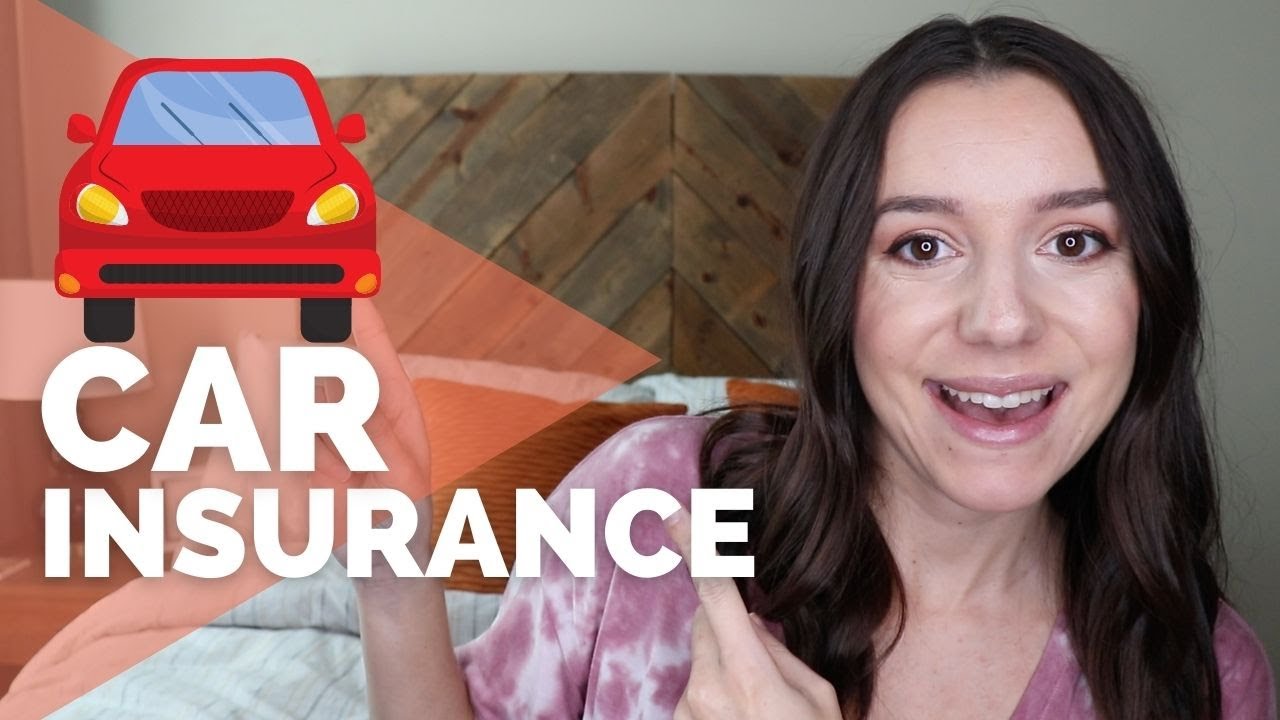Vehicle type is one of the main factors that insurance companies consider when determining car insurance premiums. Insurance companies use the type of vehicle as a way to gauge the risk of insuring the vehicle. This means that if a vehicle is considered to be a higher risk, then the premiums will be higher. In general, the more expensive the vehicle is, the more expensive the insurance premiums will be.
Vehicle Age
The age of a vehicle is another factor that affects the cost of insurance premiums. Older vehicles tend to have higher premiums because they are more likely to need repairs and replacement parts. Additionally, they may not have the latest safety features that newer cars have, which can make them more dangerous on the roads. On the other hand, newer cars typically have lower premiums due to their safety features, such as airbags and anti-lock brakes.
Vehicle Size and Weight
The size and weight of a vehicle can also affect the cost of insurance premiums. Larger and heavier vehicles are more likely to cause damage in an accident, so they tend to have higher premiums. Smaller and lighter vehicles are usually less expensive to insure because they are less likely to cause significant damage in an accident.
Vehicle Use
The way a vehicle is used can also influence the cost of insurance premiums. Vehicles that are used for business purposes, such as taxis or delivery vehicles, tend to have higher premiums because they are more likely to be involved in an accident. On the other hand, vehicles that are used for recreational purposes, such as a family car, typically have lower premiums because they are less likely to be involved in an accident.
Safety Features
The safety features of a vehicle can also affect the cost of insurance premiums. Vehicles with advanced safety features, such as airbags and anti-lock brakes, tend to have lower premiums because they are less likely to be involved in an accident. On the other hand, vehicles without these features tend to have higher premiums because they are more likely to be involved in an accident.
Driver Record
The driver’s record is also a factor that affects the cost of insurance premiums. Drivers with a good driving record tend to have lower premiums because they are less likely to be involved in an accident. On the other hand, drivers with a bad driving record tend to have higher premiums because they are more likely to be involved in an accident.
Insurance Companies
The type of insurance company that you choose can also affect the cost of insurance premiums. Insurance companies that specialize in certain types of vehicles, such as luxury cars or sports cars, tend to have higher premiums because they are more likely to insure higher-risk vehicles. On the other hand, insurance companies that specialize in more general types of vehicles, such as family cars, tend to have lower premiums because they are less likely to insure higher-risk vehicles.
Conclusion
The type of vehicle, its age, size and weight, the way it is used, its safety features, and the driver’s record all affect the cost of insurance premiums. Additionally, the type of insurance company that you choose can also affect the cost of insurance premiums. By understanding how these factors affect the cost of insurance premiums, you can make informed decisions about the type of vehicle you choose and the type of insurance company you select.

